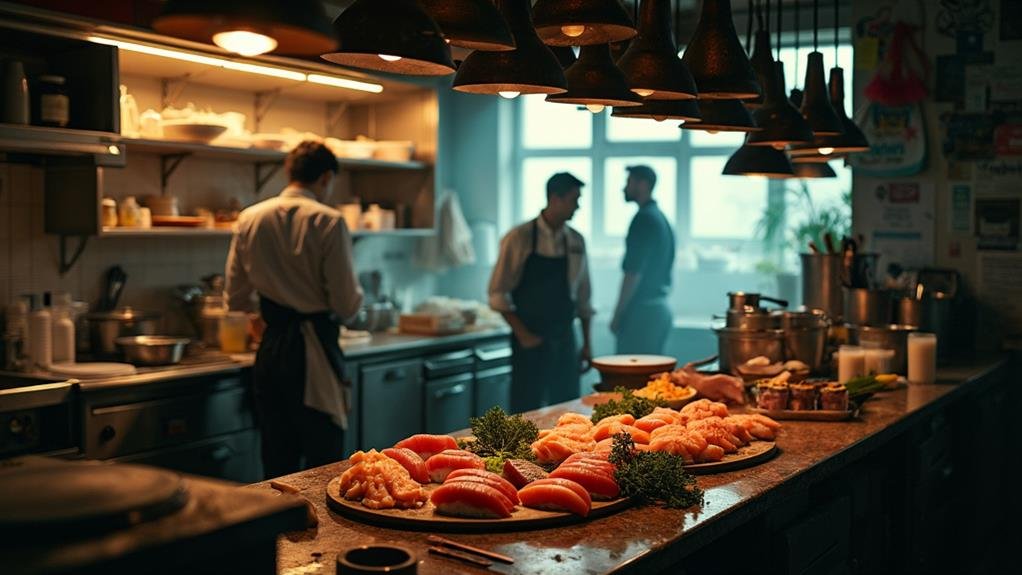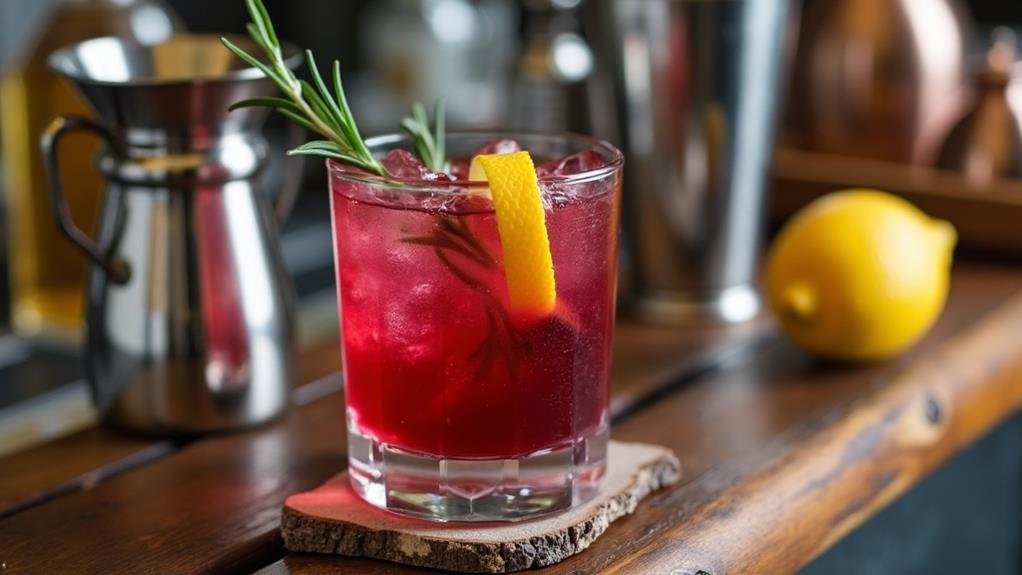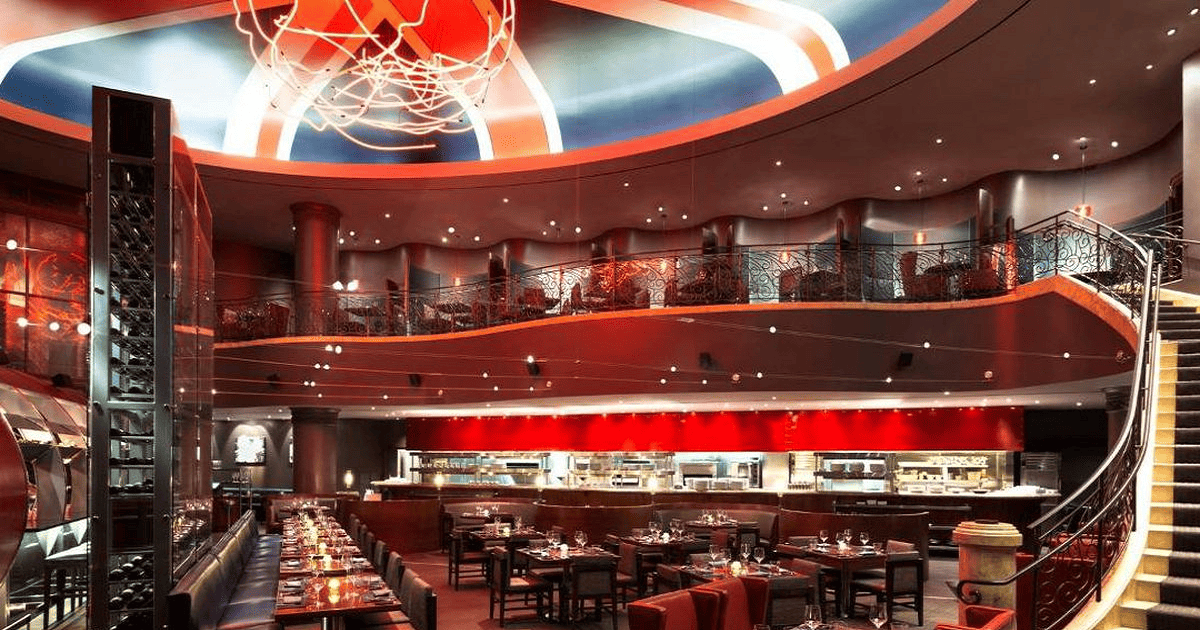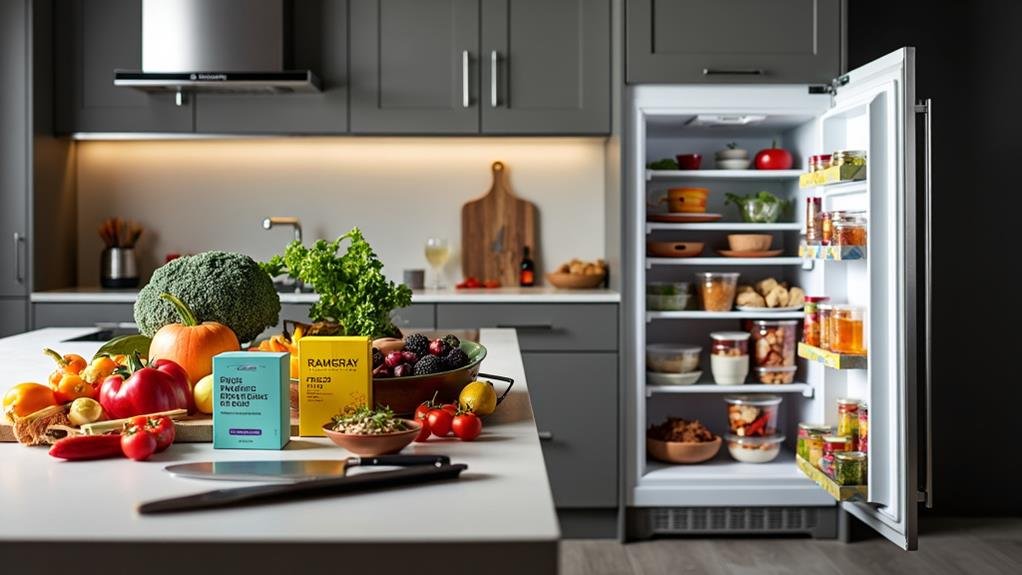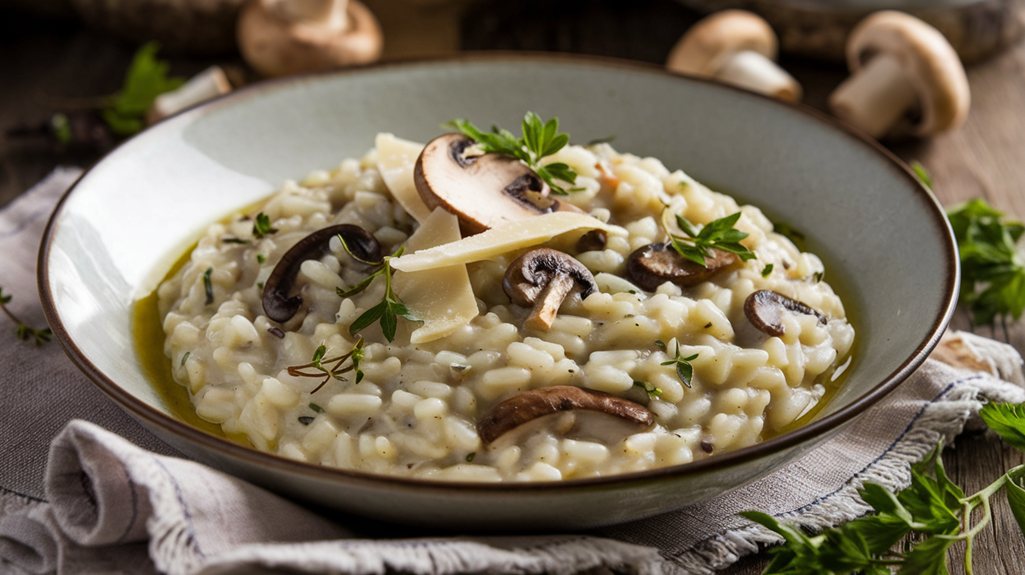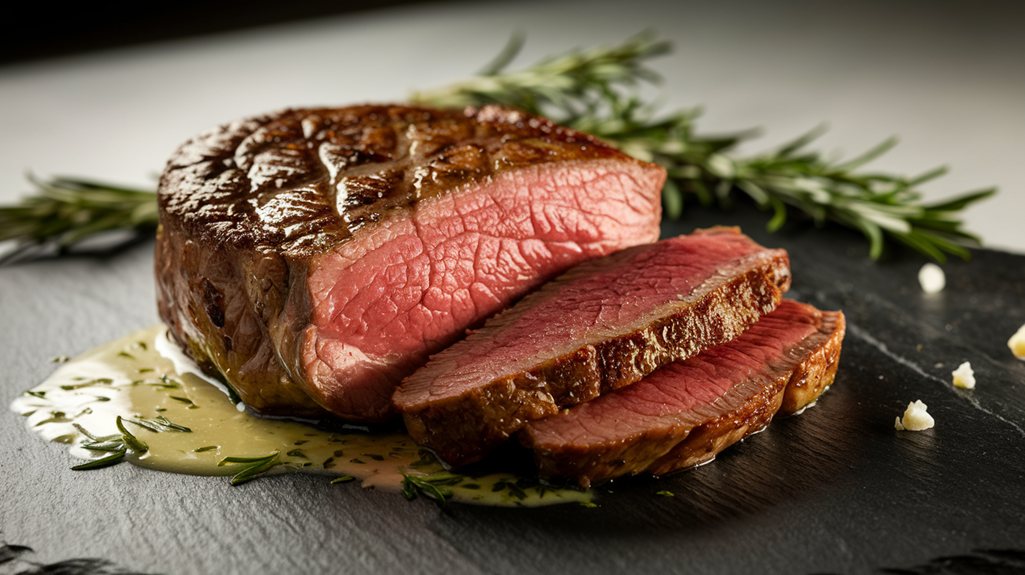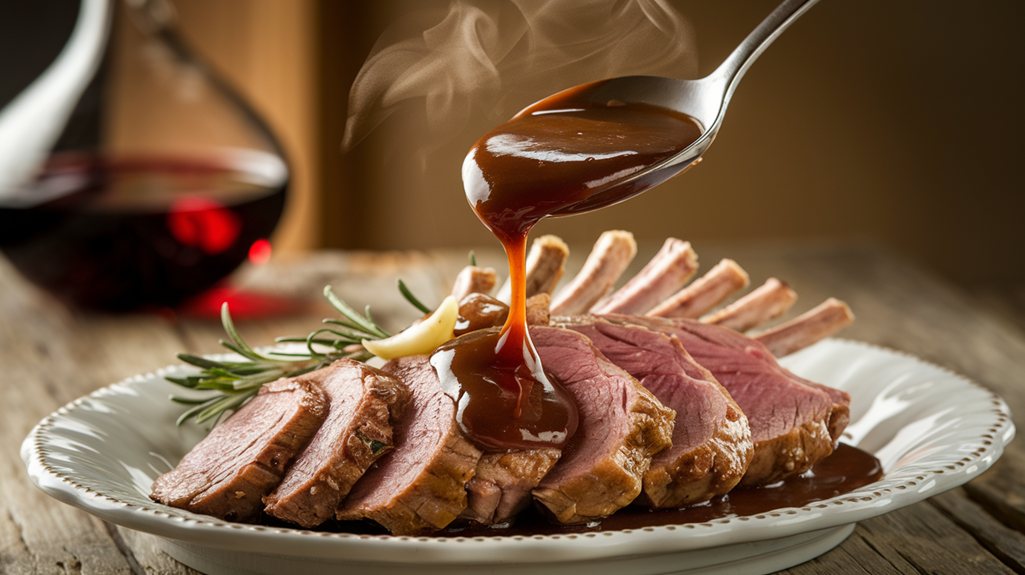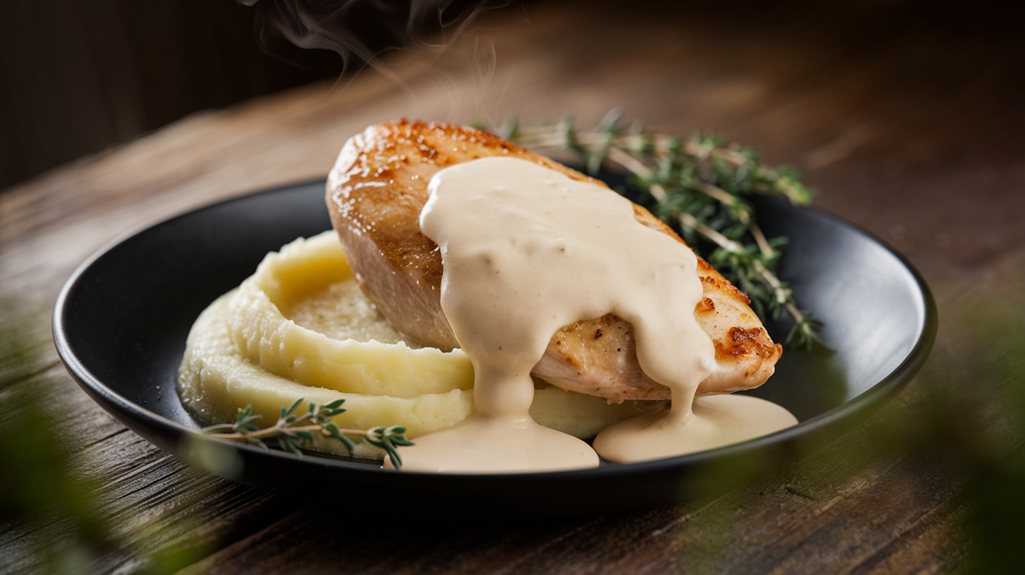The Hatae family, owners of Sushi Ko, faced numerous challenges after their restaurant's appearance on Kitchen Nightmares, but their marital status remains solid. While Sushi Ko closed a few months post-episode due to various pressures, including economic factors and internal conflicts, the family has moved on to pursue new careers. Each member has adopted their paths—Hana in interior design, Samson in photography, and Lisa with a coffee cart. Their resilience and support for one another emphasize their strong family bond. For insights on how each family member adjusted after the restaurant closed, more details await.
Background of Sushi Ko
Sushi Ko, a once-favored eatery in Thousand Oaks, California, was cherished for its familial ambiance and commitment to authentic Japanese cuisine. The establishment, owned by the Hatae family, created a cozy, inviting space that drew in the community. However, its image suffered after an appearance on the reality series Kitchen Nightmares. The episode exposed various challenges, including family tensions and sanitation issues within the kitchen. Celebrity chef Gordon Ramsay intervened to assist the restaurant owners in implementing crucial improvements, focusing on enhancing kitchen hygiene and revamping the menu to rekindle Sushi Ko's allure. Despite Ramsay's direct approach and attempts to motivate the owners, the establishment struggled to regain its former success and ultimately shuttered shortly after the episode's airing.
Sushi Ko's journey serves as a cautionary illustration for aspiring food entrepreneurs, emphasizing the significant pressures inherent in the restaurant industry. The family's passion for their culinary craft could not surmount the obstacles they encountered. As they navigated the tumultuous experience of Kitchen Nightmares, the insights gained highlight the intricacies of managing a thriving restaurant, stressing the significance of clear communication and perseverance in a competitive food market.
Aftermath of Kitchen Nightmares
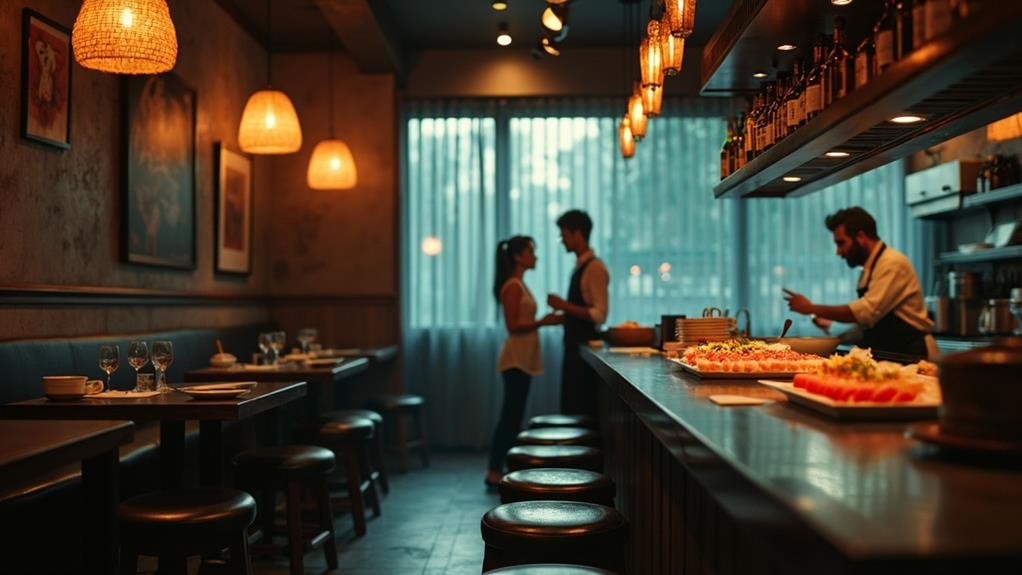
Despite the changes implemented during the Kitchen Nightmares episode, the aftermath for Sushi Ko was bleak. The eatery, which had undergone significant renovations, shuttered just a few months after the episode aired in August 2009. This closure initiated a string of failed dining establishments in the same premises. The Hatae family endeavored to revive the business, but external factors, such as the economic downturn during the Great Recession, significantly hindered their efforts.
You might find these points interesting:
- The location has since been home to various dining establishments, including Nate n Al Delicatessen and Umami Burger, both of which ultimately failed.
- As of 2023, California Pizza Kitchen has taken over the site, benefiting from its corporate support.
- The Hatae family's relationship status appears stable, as they seem to have moved on from the food service industry.
In the end, despite the initial optimism sparked by Gordon Ramsay's intervention, Sushi Ko could not surmount the obstacles. The family's journey underscores how external pressures can greatly impact even the most well-meaning business endeavors. The insights gained from their experience may resonate with others facing similar challenges in the culinary world.
Reasons for Closure
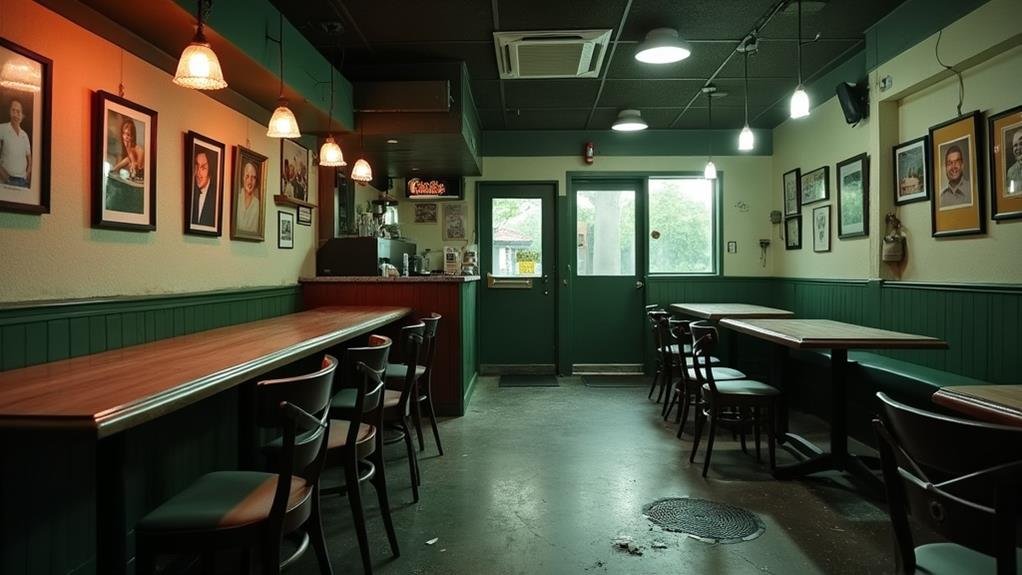
Restaurant closures often result from a mix of internal challenges and external pressures. For Sushi Ko, the aftermath of the Kitchen Nightmares episode didn't lead to lasting success. Despite Gordon Ramsay's attempts to improve the kitchen and menu, the establishment faced substantial hurdles. The Great Recession played a crucial role in diminishing customer turnout. As budgets tightened, dining out became less essential, and revenue suffered. Additionally, the competitive nature of the restaurant industry, reminiscent of shows like Hell's Kitchen, increased the pressure on eateries to maintain high performance.
The location of Sushi Ko also became a troublesome area for eateries. After its closure in August 2009, several other establishments, such as Nate n Al Delicatessen and Umami Burger, tried to take its place but ultimately failed. This pattern of closures highlights the external challenges that can affect a restaurant, regardless of internal enhancements.
Moreover, the family dynamics showcased in the Kitchen Nightmares episode added to the strain on the business. These internal conflicts, combined with external economic factors, created an environment where Sushi Ko could not succeed, leading to its closure just months after the show aired. The fate of the restaurant serves as a reminder of the delicate balance within the food industry.
Family's Current Status
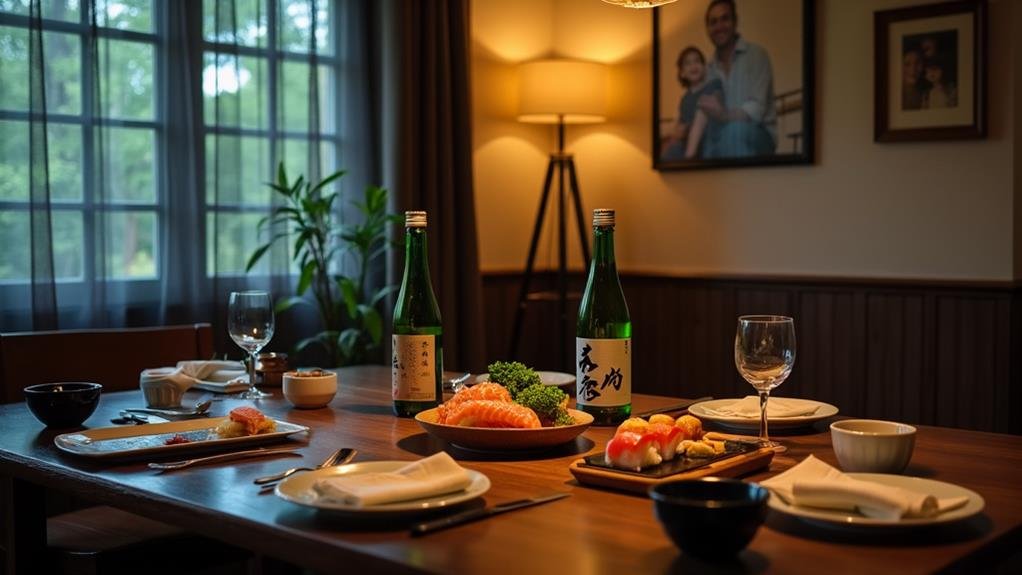
After leaving the restaurant industry, the Hatae family has discovered new avenues and achievements. Each member has found a distinct role, highlighting their skills and adapting to life beyond Sushi Ko. Their journey resembles that of many culinary professionals, like chef Dave Levey, who have faced obstacles to achieve career satisfaction. With the pressure of managing a restaurant behind them, they have embraced fresh opportunities that resonate with their passions.
- Hana Hatae transitioned to interior design following a brief acting career, expressing her creativity.
- Samson Hatae took up professional photography, capturing impactful moments that speak to many.
- Lisa Givner-Hatae operates a coffee cart at Pepperdine University, engaging with students and faculty every day.
These career transitions showcase the family's resilience and adaptability in the face of change. Beyond individual development, their shared experiences mark a collective shift away from the difficulties of the restaurant business. The Hatae family remains closely knit, providing mutual support as they explore their new paths. Their narratives motivate others to pursue fulfillment and independence, demonstrating that thriving after obstacles is achievable. In an ever-changing world, the Hatae family exemplifies the essence of reinvention and determination.
Relationship Update
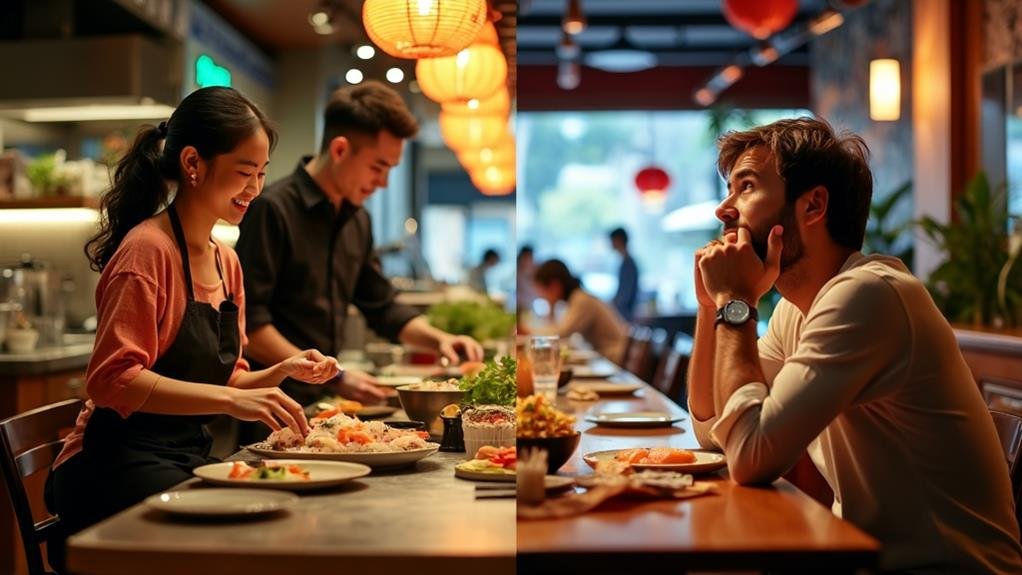
The Hatae family has remained united and fostered strong connections after their time at Sushi Ko. Despite the challenges during the restaurant's closure, each family member has pursued new paths while supporting one another. Hana Hatae has embraced her passion for interior design, moving beyond her acting career, and has drawn inspiration from her culinary experiences, much like chefs create flavorful dishes such as Gordon Ramsay's Red Skin Mashed Potatoes. Samson Hatae has taken up photography, focusing his creativity on capturing stunning visuals. Meanwhile, Lisa Givner-Hatae runs a coffee cart at Pepperdine University, bringing joy to students and faculty. Akira Hatae has transitioned into the cosmetics industry, seeking fresh opportunities.
Throughout these changes, the family's bond has remained resilient. They have grown closer as they navigate their new ventures. Stepping away from the restaurant scene has allowed them to explore their passions and thrive individually while remaining a supportive unit. Their journey exemplifies how embracing change can lead to personal fulfillment and satisfaction. Ultimately, the Hatae family's relationships have not only endured the challenges of Sushi Ko but have flourished, showcasing the strength of familial ties in uncertain times.
